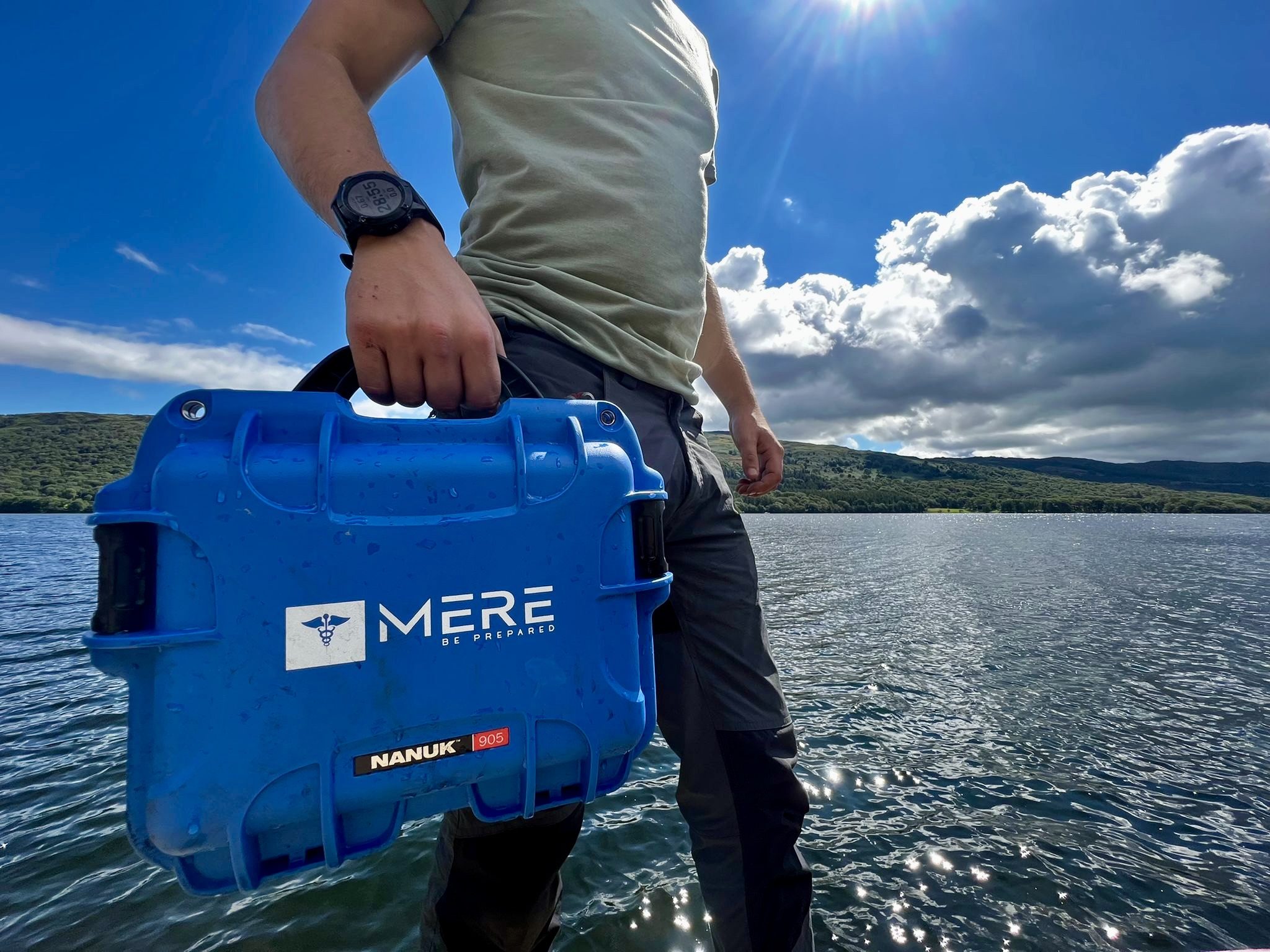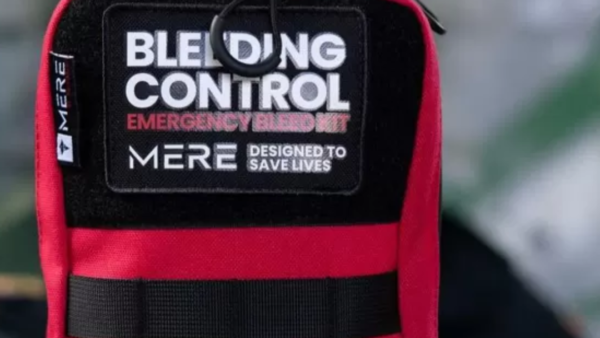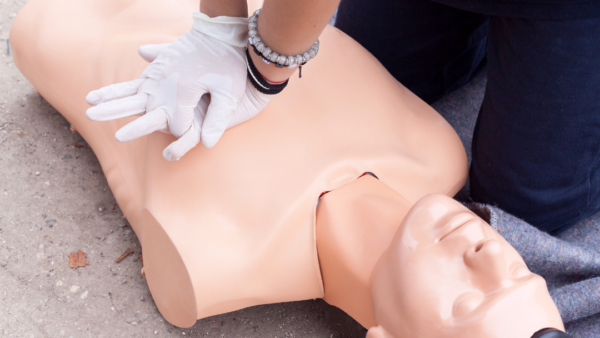Water activities can provide endless fun and relaxation, but it is important to prioritise safety to ensure a positive experience. Whether you are swimming in a pool, or lake, or participating in water sports, being aware of water safety tops can greatly reduce the risk of accidents and help you enjoy your time in the water, In this article, we will explore expert advice and top water safety tips to help you stay safe in any water environment.
The importance of water saftey
Water safety is of utmost importance, as it can prevent accidents and potentially save lives. Drowning is one of the leading causes of unintentional deaths worldwide, making it crucial for individuals of all ages to be aware of water safety measures. By understanding and implementing these tips, you can significantly reduce the risk of accidents and enjoy water activities with peace of mind.
Common Water Related Accidents and Their Prevention
Accidents can happen in any water setting, but being aware of common water related accidents and their prevention can help you stay safe. One of the most common accidents id drowning, which can occur in both shallow and deep water. To prevent drowning, it is essential to never swim alone, keep a close eye on children, and learn basic swimming skills.
Another common accident is slipping and falling near water. Wet surfaces can be extremely slippery, so it is important to walk carefully and wear appropriate footwear. Additionally, understanding the sings of rip currents and how to escape them is crucial when swimming in open water. By being aware of these common accidents and their prevention methods, you can minimise the risk of injury.
Water Safety Tips for Swimming in Pools
Swimming in pools is a popular activity for people of all ages. However, certain safety precautions should be followed to ensure a safe swimming experience. Firstly, always swim in designated areas and pay attention to depth markers. If you are not a strong swimmer, it is advisable to stay in the shallow end. Additionally, learning CPR and basic first aid can be extremely beneficial in case of emergencies.
It is also important to avoid diving in shallow water, as this can lead to serious head and neck injuries. Always check the depth of water and only dove in areas that are designated for driving. Furthermore, it is crucial to avoid running near the pool to prevent slips and falls. By following these water safety tips, you can enjoy swimming in pools while minimising the risk of accidents.
Water Safety Tips for Swimming in Lakes and Open Water
Swimming in lakes and open water can offer a unique experience, but it comes with its own set of safety considerations. One of the most important tips is to always swim in designated swimming areas where lifeguards are present. These areas are typically marked and have safety measures in place to ensure the well being of swimmers.
Another essential tip is to be aware of the underwater hazards, such as rocks, branches, and debris. Before entering the water, carefully asses the area and avoid swimming in unknown or potentially dangerous locations. It is also advisable to never swim alone in lakes or open water, as unexpected circumstances can arise.
Furthermore, understanding the signs of fatigue and knowing your limits is crucial when swimming in lakes and open water. It is important to conserve energy and avoid overexertion, as this can lead to accidents. By following these water safety tips, you can have a safe and enjoyable swimming experience in lakes and open water.
Essential Swimming Skills for Water Safety
Having essential swimming skills is crucial for water safety. Even if you are not planning on becoming an Olympic swimmer, learning basic swimming techniques can greatly enhance your safety in the water. First and foremost, it is important to learn how to float and tread water. These skills can help you stay afloat and conserve energy in case of fatigue or emergencies.
Additionally, learning proper breathing techniques is essential for swimming longer distance without exhaustion. This includes mastering the bilateral breathing technique, which ensures that you can take breaths on both sides while swimming. Lastly, learning different swimming strokes, such as freestyle and breaststroke, can provide you with the ability to navigate through the water efficiently and confidently.
Water Safety Equipment and Gear
Water safety equipment and gear can provide an extra layer of protection when engaging in water activities. One of the most important pieces of equipment is a life jacker or personal floating device (PFD), These should be worn by individuals of all ages, especially those who are not strong swimmers or are participating in water sports.
Other essential equipment includes swim goggles, which protect your eyes from chlorine and other irritants in pool water, and swim caps, which help keep your hair out of your face while swimming. Additionally, having a whistle or signalling device can be useful in attracting attention if you find yourself in a dangerous situation. By utilising the appropriate water safety equipment and gear, you can enhance your safety and enjoy water activities with peace of mind.
Water Safety Tips for Adults and Experienced Swimmers
Water safety is particularly important for children and families, as they may be more vulnerable to accidents in the water. One of the most crucial tips is constant supervision. Children should never be left unattended near water even if they know how to swim. It is important for parents and caregivers to always keep a close eye on children and be within arm’s reach.
Additionally, teaching children basic water safety skills, such as floating and treading water, can greatly enhance their safety. Enrolling children in swimming lessons at young age is also highly recommended. Furthermore, it is important to establish and enforce rules around water activities, such as no running near the pool and no diving in shallow water.
Water Safety Tips for Adults and Experienced Swimmers
Even experienced swimmers need to prioritise water safety. One important tips is to never swim under the influence of alcohol or drugs. These substances can impair judgement and coordination, increasing the risk of accidents. Additionally, it is advisable to swim with a buddy, especially when swimming in open water.
Understanding your own limitations and not pushing yourself beyond your comfort zone is also crucial. If you are feeling fatigued or experiencing cramps, it is important to take a break and rest. Lastly, regularly practicing swimming skills and staying in good physical condition can contribute to your overall water safety.
Tips for Boating and Water Sports
Boating and water sports require additional safety considerations. One of the most important tips is to always wear a life jacket or PFD while on a boat or participating in water sports. This applies to individuals of all ages, regardless of swimming ability. Furthermore, it is crucial to follow all boating regulations and guidelines, such as maintaining a safe distance from other boats and understanding right of way rules.
Additionally, it is important to be aware of weather conditions and to always check the forecast before heading out on the water. Sudden storms can pose a serious threat, so it is essential to prioritise your safety and seek shelter if necessary. Lastly, it is advisable to take boating and water sports lessons to ensure you have the necessary knowledge and skills to navigate safely.
Top 10 Water Safety Tips for All Situations
To summarise, here are the top 10 water safety tips for all situations:
- Always swim in designated areas and follow safety guidelines.
- Learn basic swimming skills and practice them regularly.
- Wear a life jacket or PFD when boating or participating in water sports
- Never swim alone and always have a buddy system in place
- Constantly supervise children in water and enforce water safety rules
- Avoid diving in shallow water and check the depth before diving
- Be aware of underwater hazards and swim in safe locations
- Avoid running near pools and be cautious of slippery surfaces
- Learn CPR and basic first aid skills
- Understand weather conditions and seek shelter in case of storms
By following these tips, you can ensure a safe and enjoyable experience in the water.
Conclusion
Water safety is a crucial aspect of any water activity. By being aware of the potential risks and following expert advice and top water safety tips, you can greatly reduce the likelihood of accidents and ensure a positive experience in the water. Whether you are swimming in pools, lakes, or engaging in water sports, prioritise safety at all times. Remember, water activities can be fun and refreshing, but staying safe should always be the number one priority. So next time you head out for a swim or a boat ride, keep these water safety tips in mind and enjoy your time in the water with peace of mind.






